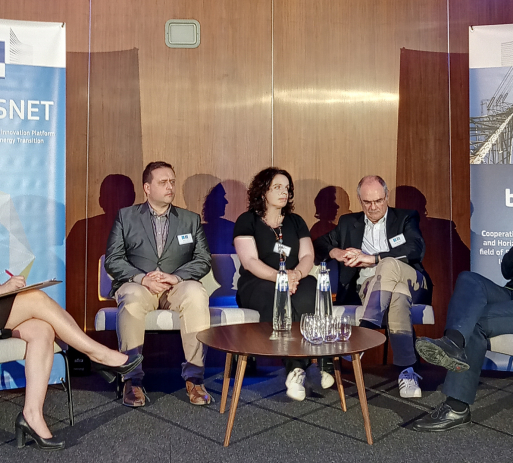European Data Act empowers responsible data practices
In a move towards shaping a fair and innovative data economy, the European Commission has put into force the European Data Act, a transformative legislative framework that establishes new rules that define the rights to access and use data generated within the European Union. This development marks a breakthrough for projects like DATA CELLAR, as it sets the stage for enhanced data governance, fosters innovation, and ensures legal clarity in the digital data environment.
At the core of this regulation lies a commitment to defining comprehensive rights for accessing and using data across all EU economic sectors, providing a clear roadmap for responsible data utilisation. Margrethe Vestager, Executive Vice-President for a Europe fit for the Digital Age, highlights its significance, emphasising user control and privacy protection. Another hallmark is the European Data Act’s focus on stimulating a competitive and innovative data market. Thierry Breton, Commissioner for Internal Market, underscores the milestone’s importance, envisioning a thriving EU data economy shaped by innovation and openness on their terms.
Measures to boost the EU’s data economy
Over the past few years, the European market has experienced a fast expansion of interconnected devices, developing an opportunity to foster innovation and enhance competitiveness within the EU. Given that, the European Data Act presents measures to boost the EU’s data economy.
With the proliferation of connected devices in the European market, the Data Act empowers users to access and share data generated by these devices. Owners of connected cars or operators of wind turbines, for instance, can now request manufacturers to share specific data, providing consumers and businesses with unprecedented control over connected product data. This empowerment is poised to reshape the relationship between individuals, businesses, and their data, fostering a more transparent and collaborative data ecosystem.
The Act also marks a significant stride in fostering collaboration between the public and private sectors. Public sector bodies will now have the ability to access and use data held by the private sector, particularly during public emergencies or when implementing a legal mandate. This collaborative approach ensures that the benefits of data extend beyond individual projects like DATA CELLAR, contributing to broader societal advancements.
Acknowledging the importance of fair practices, the Data Act safeguards European businesses, especially small and medium-sized enterprises (SMEs), from unfair contractual terms imposed by one party in data sharing contracts. This empowers businesses to actively participate in the data market, fostering a more inclusive and dynamic landscape.
Finally, the Data Act introduces measures to promote the development of interoperability standards for data-sharing and data-processing services, aligning with the EU standardisation strategy. This emphasis on compatibility and collaboration ensures that the digital infrastructure of specific projects evolves in harmony with broader industry trends.
With the European Data Act entering into force, DATA CELLAR can anticipate a dynamic landscape for data governance. The Act is set to become applicable on 11th September 2025, offering a 20-month window for projects to align with the new regulations. This timeline presents an opportunity for European projects to integrate these advancements seamlessly into their operations, ensuring compliance and leveraging the new rules for responsible and innovative data practices.
As the European Data Act becomes a foundation of the Commission’s data strategy, DATA CELLAR stands poised to leverage these advancements for responsible, innovative, and fair data practices. This legislation marks a key moment in the digital transformation journey, placing the EU at the forefront of global data governance. The Data Act unlocks the doors to a fair and innovative data economy, but also creates a new era of possibilities and responsible data for projects like DATA CELLAR.
Read the information published by the European Commission here.


 Foto de
Foto de 

